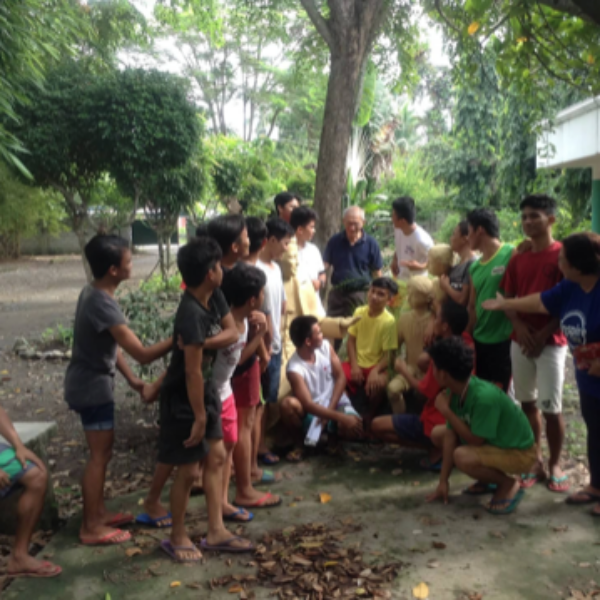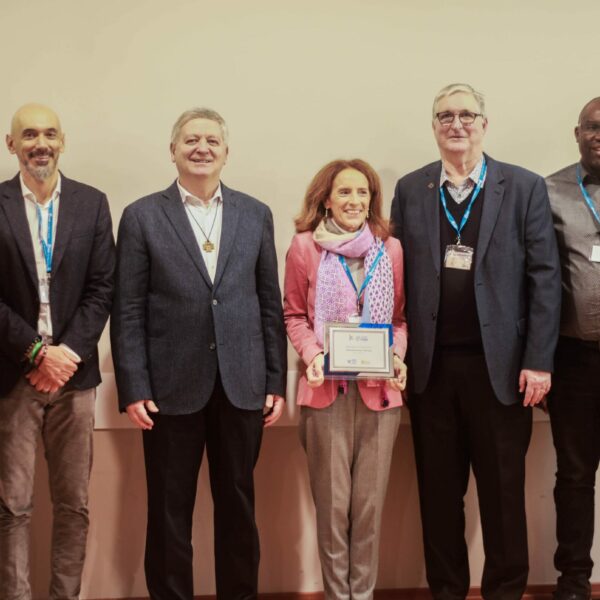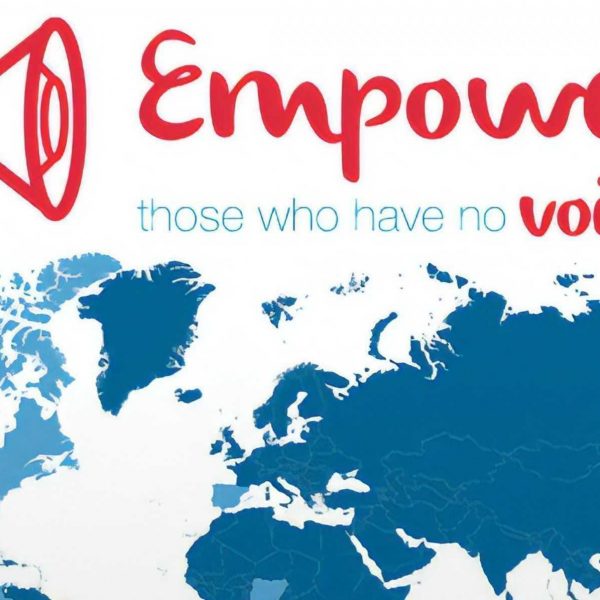Child rights and protection are universal concerns, but they carry particular significance in the African context, where millions of children continue to face numerous challenges and violations. According to the 2020 Global Estimates of Child Labor, Africa is home to 23.9 percent of the world’s child laborers, totaling a staggering 86.6 million children. Despite global progress in eradicating child labor, sub-Saharan Africa has seen an alarming increase in child labor numbers since 2012. In 2021, Human Rights Watch uncovered a range of issues affecting children in African countries, from barriers to education and child marriage to gender-based violence in educational settings, corporal punishment, and discrimination against children with disabilities. To address these pressing issues, FMSI (Marist International Solidarity Foundation) has proposed a comprehensive training program to enhance the skills and competencies of the Marist Brothers of Africa in child safeguarding and child rights. The heart of this proposal lies in addressing the critical need to safeguard children’s rights within the unique and diverse African context. This project aims to develop the institutional capacity for child rights, child protection, and child safeguarding for the five Marist Provinces of Africa, comprising 79 schools in 18 Countries. It is not merely an isolated intervention but a systemic one, with a ripple effect that will impact leaders across the African continent. The program extends its invitation to other congregations and organizations willing to actively participate in the safeguarding of children and vulnerable adults. The primary objective is to ensure that every child the Congregations come into contact with, either directly or indirectly, is treated with respect, dignity, and protected from harm, neglect, or abuse. Africa, with its unique demographic challenges, is home to more than an eighth of the global population. It is the region with the highest birth and death rates, and the child protection challenges it faces are immense. Child marriage, physical abuse, female genital mutilation, and teenage pregnancies are prevalent in many African Countries. Additionally, sub-Saharan Africa experiences high rates of child exclusion from education and the most elevated out-of-school percentages globally, with girls, children with disabilities, and those from low-income households facing the worst consequences. The challenges have only been exacerbated by the COVID-19 pandemic, particularly for those already facing societal and discriminatory barriers. The need for this training program is reinforced by the fact that many Marist communities in African Countries, especially new generations of Marist Brothers and lay Marists, have not had adequate opportunities for formation in child protection and safeguarding. The analysis of existing practices highlights gaps in child safeguarding procedures in schools, which need urgent attention. Moreover, violence against children is often considered the norm in some African Countries, making it essential to raise awareness about child rights and protection. The beneficiaries of this project are the Marist Brothers and lay staff working with children in the African context. With their presence in schools and their direct interaction with children, they are uniquely positioned to be advocates for child rights and guardians of child safeguarding. The goal is to empower them through an eight-module training program, which includes both online and in-person sessions. This initiative by the Marist Brothers Institute represents a pivotal step in fulfilling their mission and commitment to child safeguarding. By offering comprehensive training, the Institute aims to transform its members into influential advocates for child rights and safeguarding. The training’s value extends beyond the immediate beneficiaries, as its ripple effect is expected to influence those who did not attend directly. It will lead to a significant enhancement of human resource capabilities across African Marist Provinces and fortify existing Child Protection Policies. The project’s monitoring and evaluation process is meticulous and iterative, with the project management team continuously assessing progress, learning outcomes, and financial management. This ensures that the project is on track to achieve its objectives and that resources are managed efficiently. The training program proposed by the FMSI is a significant step toward addressing the urgent need for child safeguarding and child rights in Africa. By empowering the Marist Brothers and other stakeholders with the knowledge and skills required to protect children’s rights, it has the potential to create a lasting impact on the Continent’s most vulnerable population. This initiative reflects a commitment to ensuring a safer and more supportive environment for children in Africa and sets a powerful example for organizations and institutions globally.




